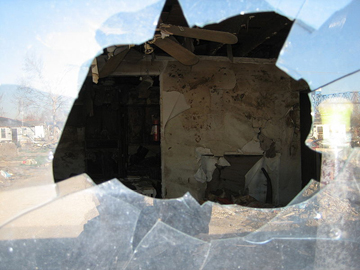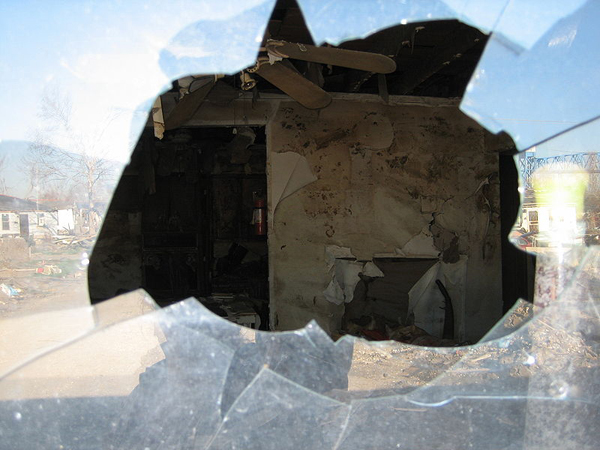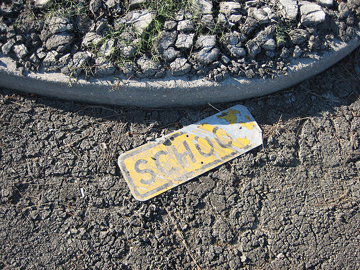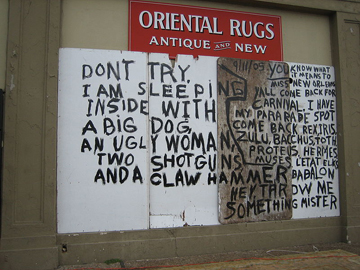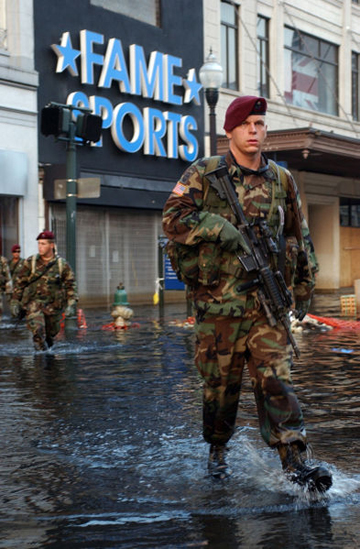Photo: wikipedia commons
1. I woke up early the morning of August 29 in my friend Emily’s house, where I’d stayed for a few days while my college in coastal Alabama was evacuated. Sometime that morning, while I was trying to go back to sleep, a thirty-two foot wall of water slammed into the beach front communities of Waveland and Bay St. Louis in Mississippi.
